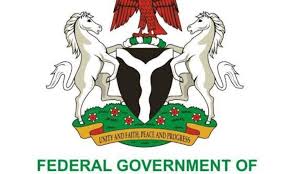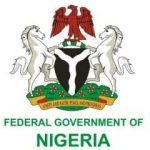The Federal Government has approved N4 billion for conditional cash transfers to support at least 10 million displaced households across Nigeria, primarily targeting the most vulnerable. This intervention, announced by the Minister of Humanitarian Affairs and Poverty Reduction, Prof. Nentawe Yilwada, was unveiled during the launch of the 2025 Nigeria Humanitarian Needs and Response Plan (HNRP) at the United Nations House in Abuja.
The cash transfer program, set to run from February to April 2025, is designed to alleviate the immediate needs of families affected by displacement, particularly in the conflict-hit Northeast. The government is prioritizing women, including widows, pregnant women, and those living with disabilities, to address their unique vulnerabilities.
Prof. Yilwada emphasized the government’s commitment to tackling poverty and the humanitarian crisis:
“The President has approved the Ministry’s plan to begin paying conditional cash transfers to 10 million displaced households. This initiative targets vulnerable families affected by displacement, especially in Borno, Adamawa, Yobe, and other conflict-affected areas.”
In addition to cash transfers, the government has approved N2 billion in interest-free loans for rural farmers to boost food production and self-sufficiency. These loans, ranging from N300,000 to N400,000 per household, will help farmers access resources and connect with market opportunities.
The Minister further highlighted gender-based challenges, stating that female-headed households face higher risks of hunger, gender-based violence, and child marriage. “Ensuring access to food, water, healthcare, and safety for these women is a top priority,” he said.
The HNRP, developed through extensive consultations, aims to address Nigeria’s deepening humanitarian challenges, combining humanitarian, developmental, and peacebuilding efforts to build resilience and ensure long-term solutions.
According to Trond Jensen, Head of the UN Office for the Coordination of Humanitarian Affairs, 7.8 million people across Borno, Adamawa, and Yobe states will require humanitarian assistance in 2025. This underscores the urgency of the government’s interventions in tackling Nigeria’s growing humanitarian crisis.










